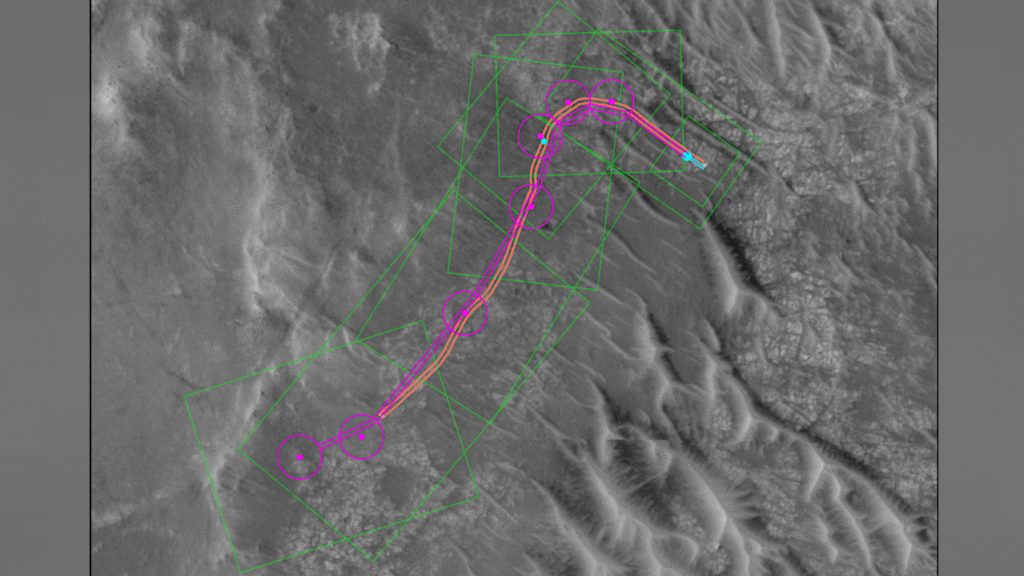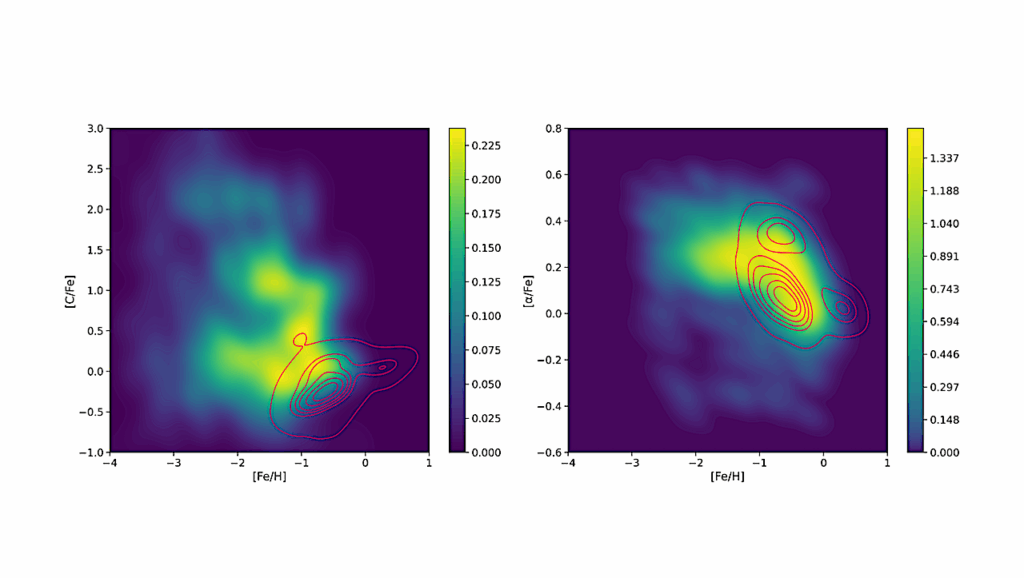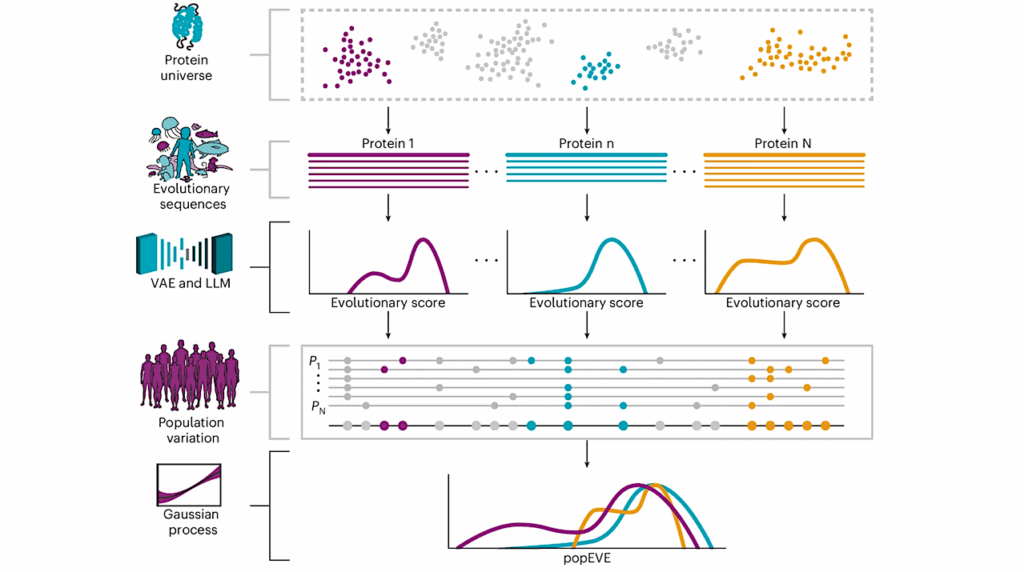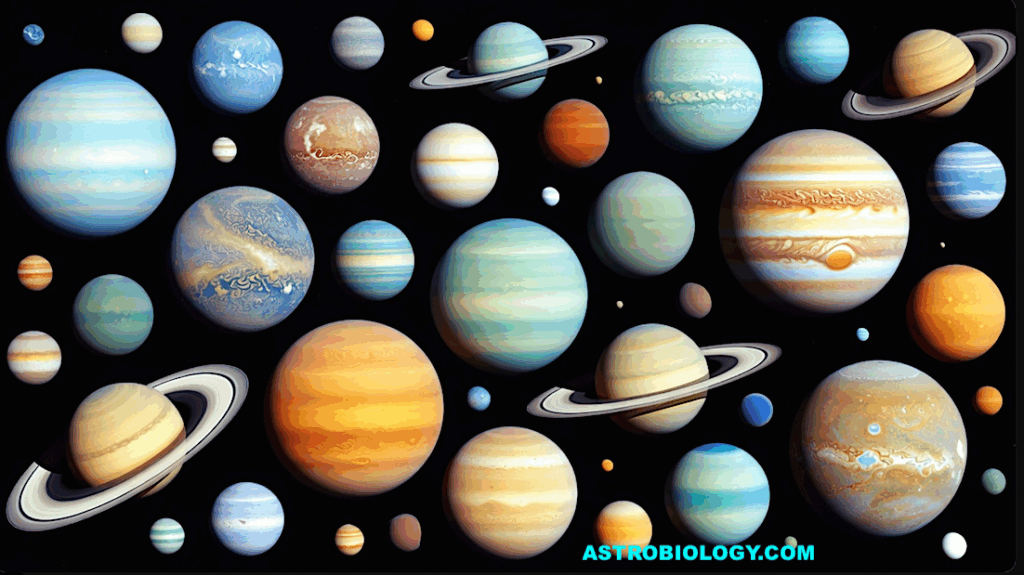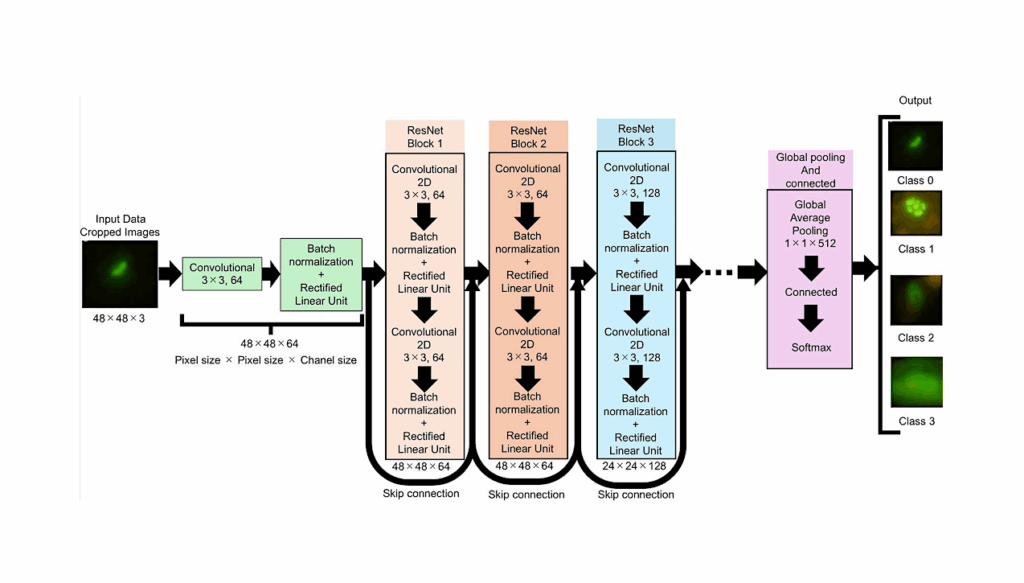The Model Is The Message: Lightweight Convolutional Autoencoders Applied To Noisy Imaging Data For Planetary Science And Astrobiology

The application of convolutional autoencoder deep learning to imaging data for planetary science and astrobiological use is briefly reviewed and explored with a focus on the need to understand algorithmic rationale, process, and results when machine learning is utilized.
Successful autoencoders train to build a model that captures the features of data in a dimensionally reduced form (the latent representation) that can then be used to recreate the original input.
One application is the reconstruction of incomplete or noisy data. Here a baseline, lightweight convolutional autoencoder is used to examine the utility for planetary image reconstruction or inpainting in situations where there is destructive random noise (i.e., either luminance noise with zero returned data in some image pixels, or color noise with random additive levels across pixel channels).
It is shown that, in certain use cases, multi-color image reconstruction can be usefully applied even with extensive random destructive noise with 90% areal coverage and higher.
This capability is discussed in the context of intentional masking to reduce data bandwidth, or situations with low-illumination levels and other factors that obscure image data (e.g., sensor degradation or atmospheric conditions). It is further suggested that for some scientific use cases the model latent space and representations have more utility than large raw imaging datasets.
Caleb Scharf
Comments: 28 pages, 8 figures, accepted for publication in Icarus
Subjects: Earth and Planetary Astrophysics (astro-ph.EP); Instrumentation and Methods for Astrophysics (astro-ph.IM)
Cite as: arXiv:2507.11400 [astro-ph.EP] (or arXiv:2507.11400v1 [astro-ph.EP] for this version)
https://doi.org/10.48550/arXiv.2507.11400
Focus to learn more
Submission history
From: Caleb A. Scharf
[v1] Tue, 15 Jul 2025 15:11:15 UTC (5,483 KB)
https://arxiv.org/abs/2507.11400
Astrobiology, AI,


